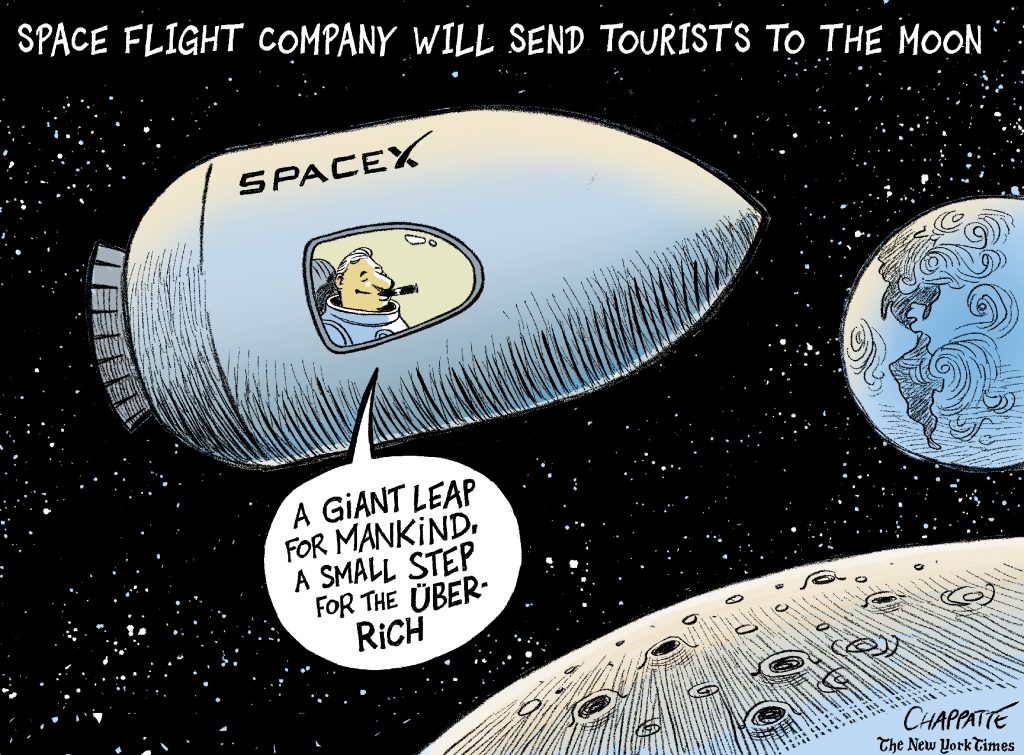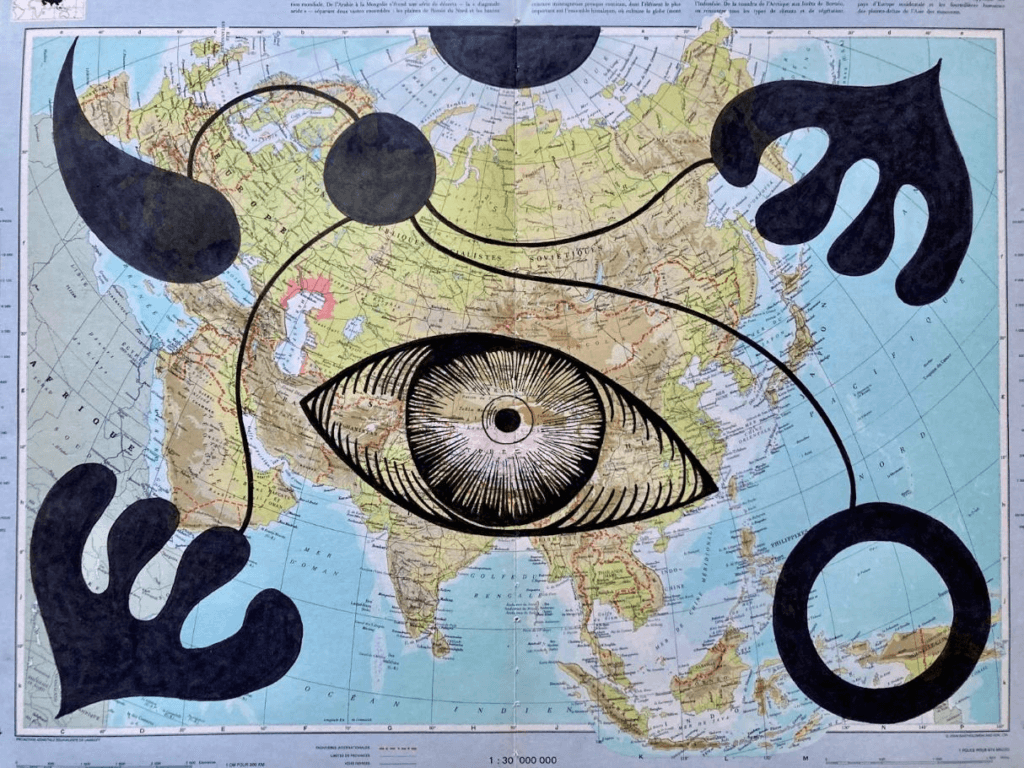Africas Rising?
BOX | African Politics during the Cold War
Africa’s independence (and, indeed, the entire decolonisation movement) occurred at the height of the Cold War, as the two rival superpowers, the Soviet Union and the United States, clashed over the continent for control of its resources and its political allegiance.
The newly independent African nation-states had two key goals: establishing united and stable nation-states and encouraging economic growth and diversity to satisfy the high aspirations of their newly enfranchised populaces. Development was an ardent goal that included access to education, adequate healthcare, jobs, infrastructure, security and decent housing. Yet African leaders were also constrained in the political and economic choices that they had to make, being pressured to avow political allegiance to either the Eastern or the Western Bloc, the vanguards of communism and capitalism, respectively.
Faced with the pressure not to profess allegiance to either side so as to avoid antagonising the other, some leaders of these newly independent African countries – Nkrumah, Nyerere and Touré, for example – saw the overtures of the two blocs as a form of neocolonial reconquest and insisted on the right to have amicable relations with both in what they termed “positive neutrality”. Despite their ambivalence, many African countries drifted towards one or other side of the divide – a choice that came at a significant cost. The story of America’s withdrawal of financial support to Ghana as a punishment for the latter’s pro-socialist and pro-Eastern stance has been well-documented. Indeed, Ghana’s drift towards the Soviet bloc and China subsequently provoked the CIA’s complicity in overthrowing the Nkrumah administration by coup, attesting to the palpable threat and impact of Cold War politics on the stability of Africa’s early years.



